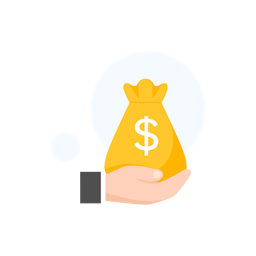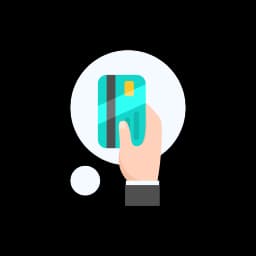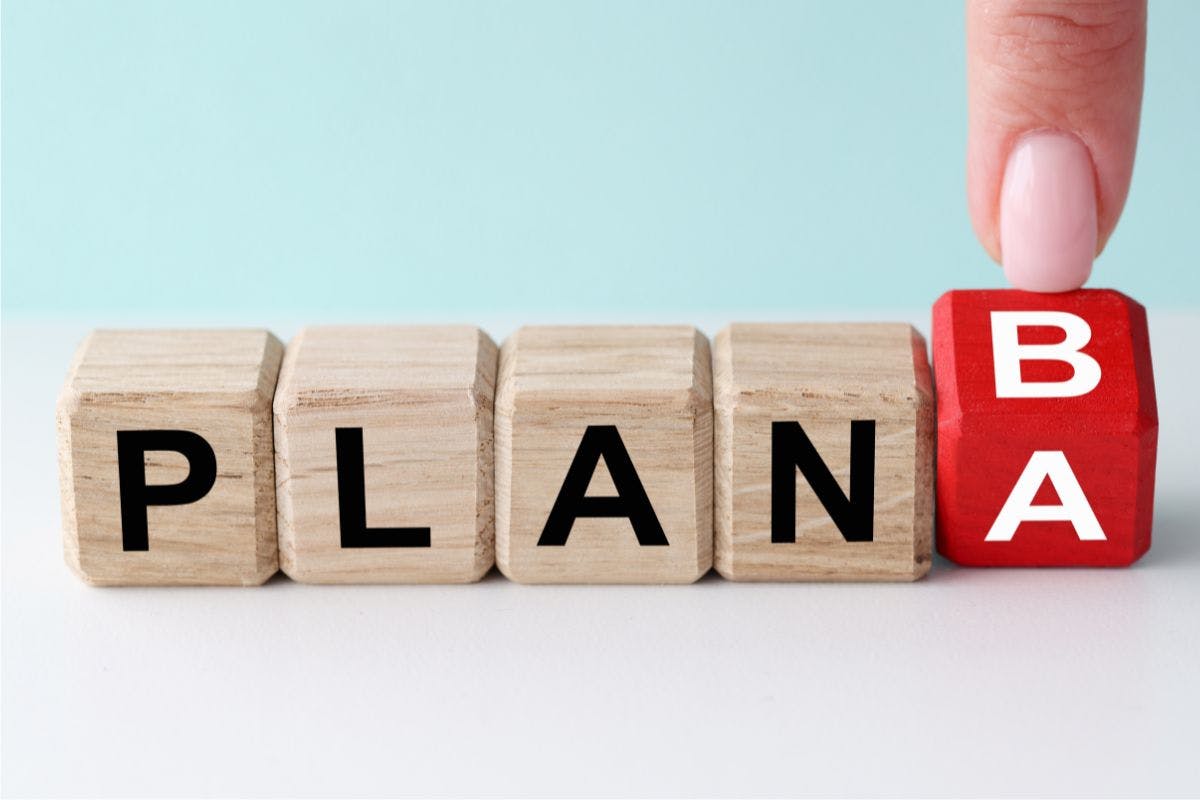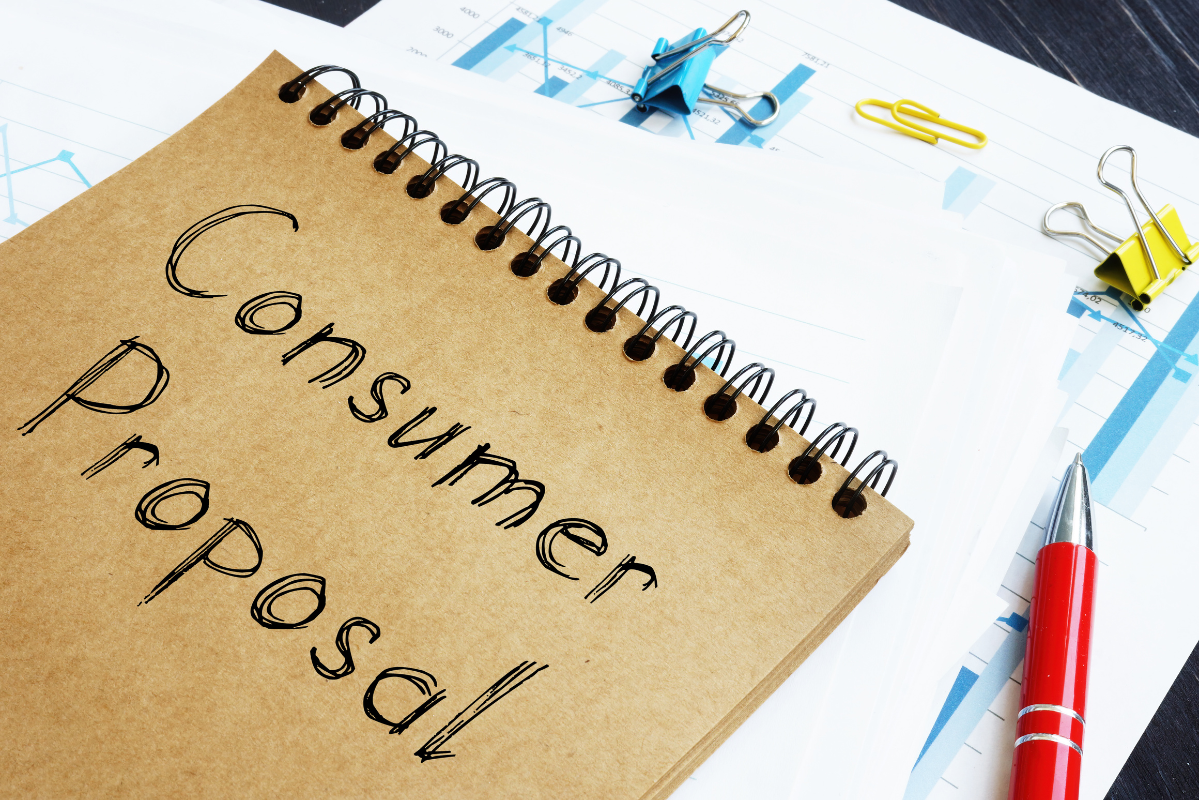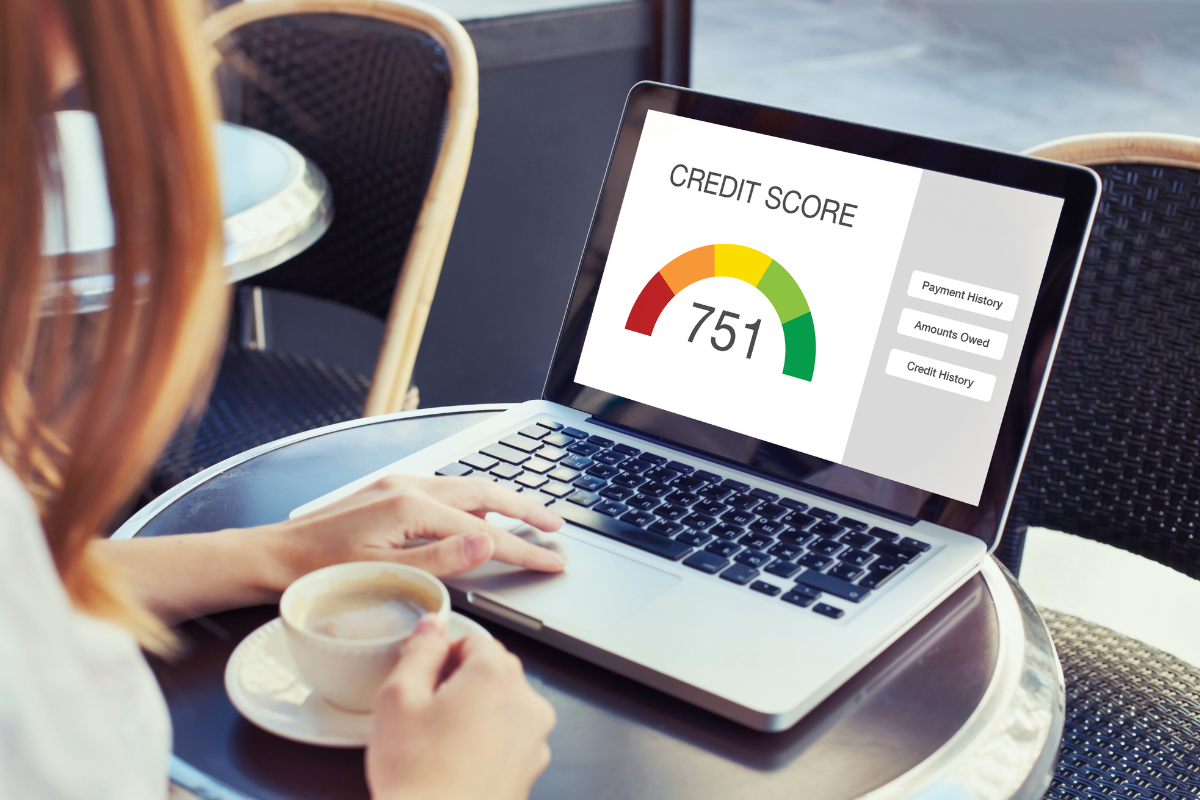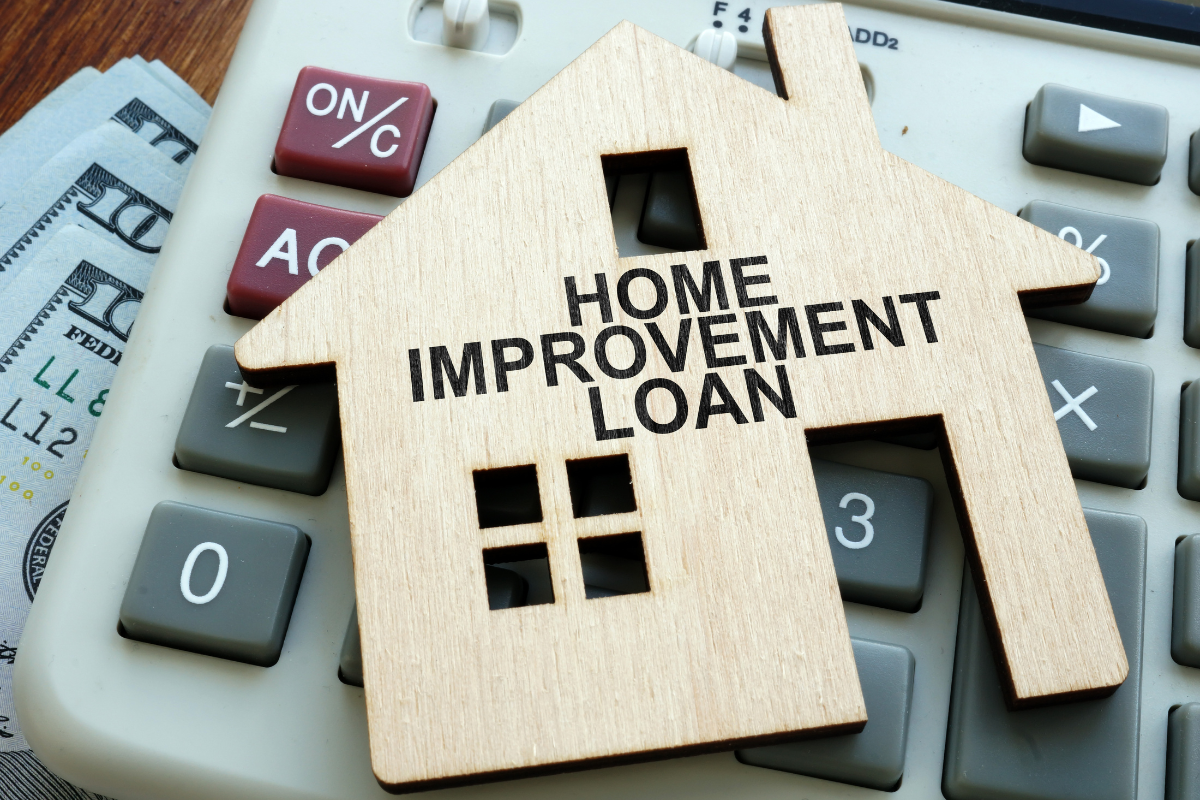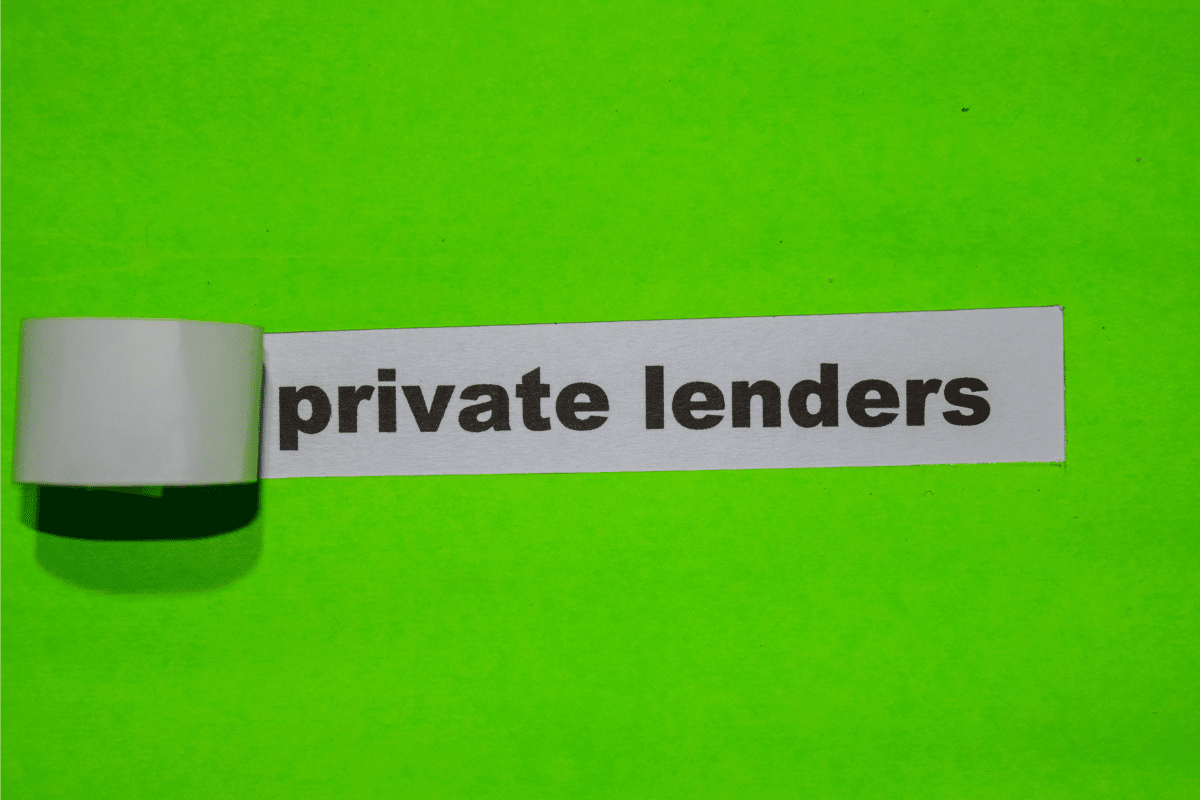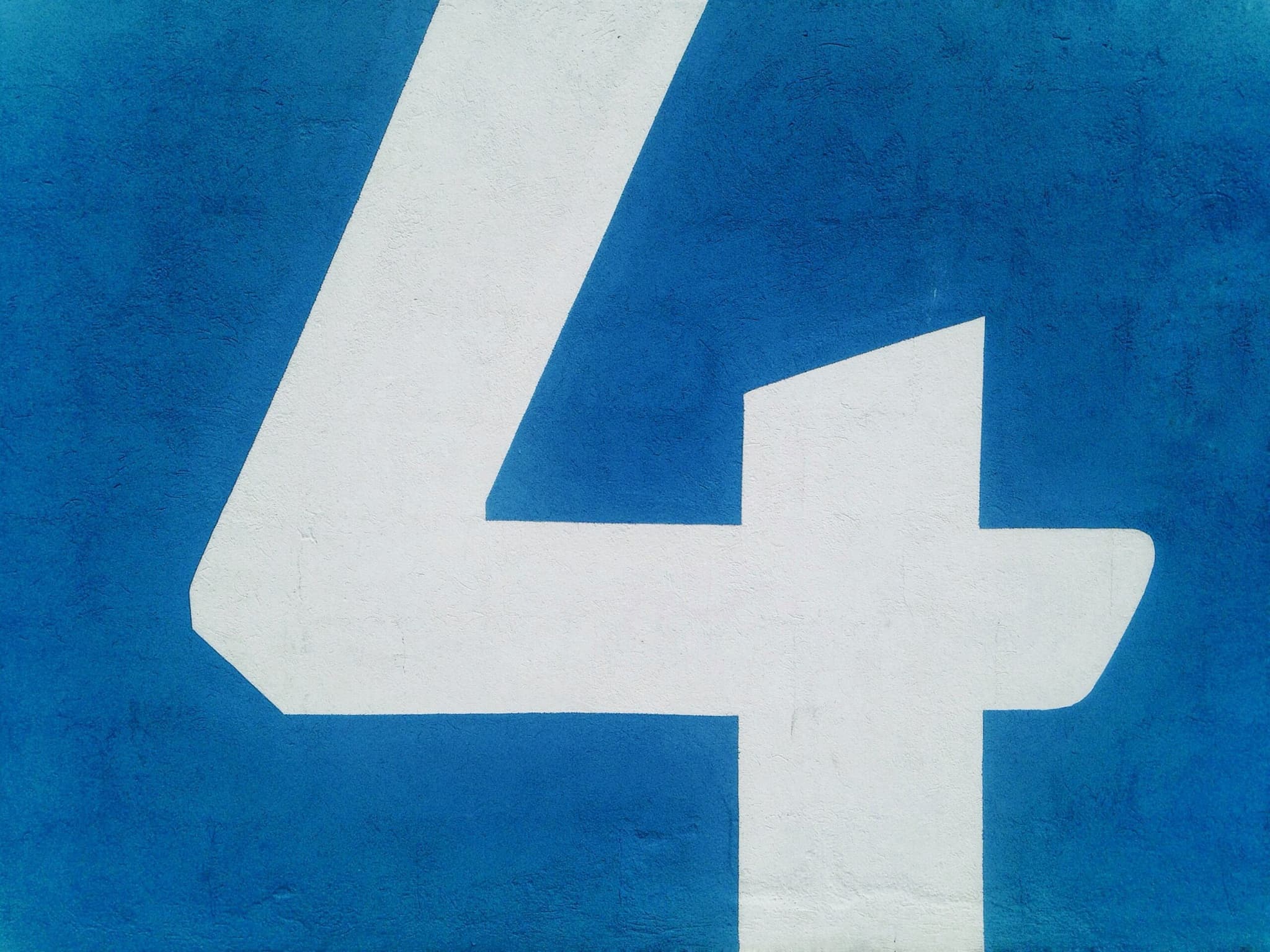Loan
If you want to learn more about personal loans, payday loans, lines of credit, and car loans in Canada, you’ve come to the right place.
Popular articles about loans
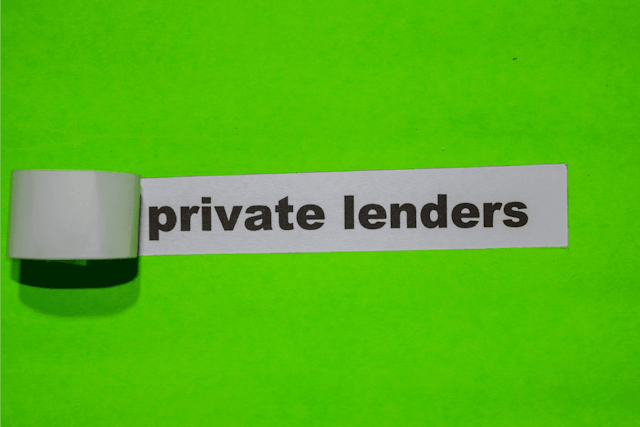
Best Private Lenders for Personal Loans in Canada
Heidi Unrau - 21 Aug 2023
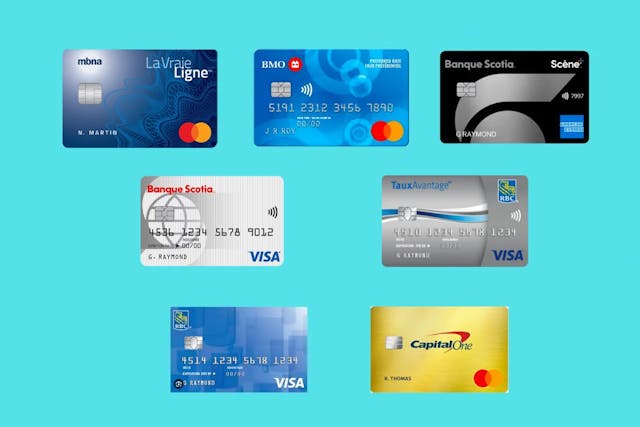
The 7 Best Low-Interest Credit Cards in Canada in 2024
Meagen Seatter - 04 Jan 2024

How to Find a Legit Guaranteed Approval Loan for Poor Credit in Canada
Heidi Unrau - 25 Jun 2024

Understanding Canadian Student Loans and How to Properly Manage Student Debt
Maude Gauthier - 27 Jun 2024
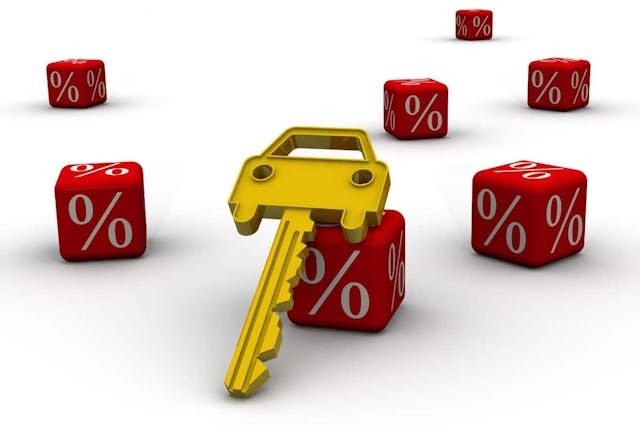
Zero Percent Car Financing: The Hidden Cost of a Free Loan
Heidi Unrau - 20 Jul 2023
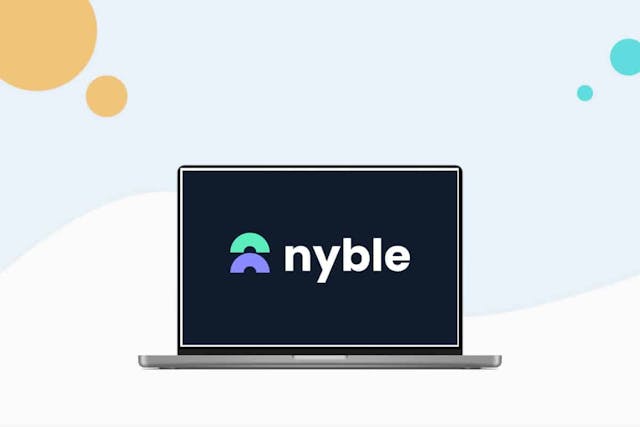
Nyble Review: Your Escape From Hungry Loan Sharks?
Heidi Unrau - 08 Feb 2024

Are Consolidation Loans for Bad Credit? The Answer May Surprise You
Heidi Unrau - 24 May 2023
Frequently asked questions about loans
How to calculate interest rate on a loan?
Most loans charge interest at a compounding rate. This means that instead of interest being accumulated on just the principal of the loan, it accumulates on both the principal and accumulated interest. To calculate compounded interest rate on personal loans, enter the variables into the various fields until the “Total interest” number on the right equalizes the total interest payments you will be expected to pay over the life of the loan. The rate at which that happens is your interest rate on the loan.
